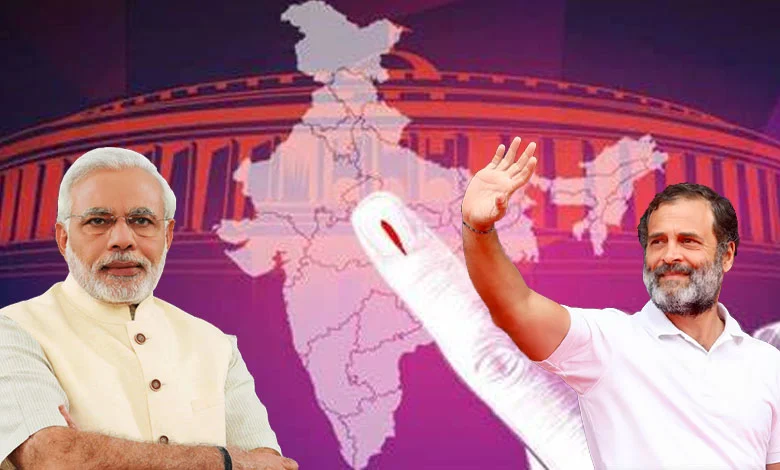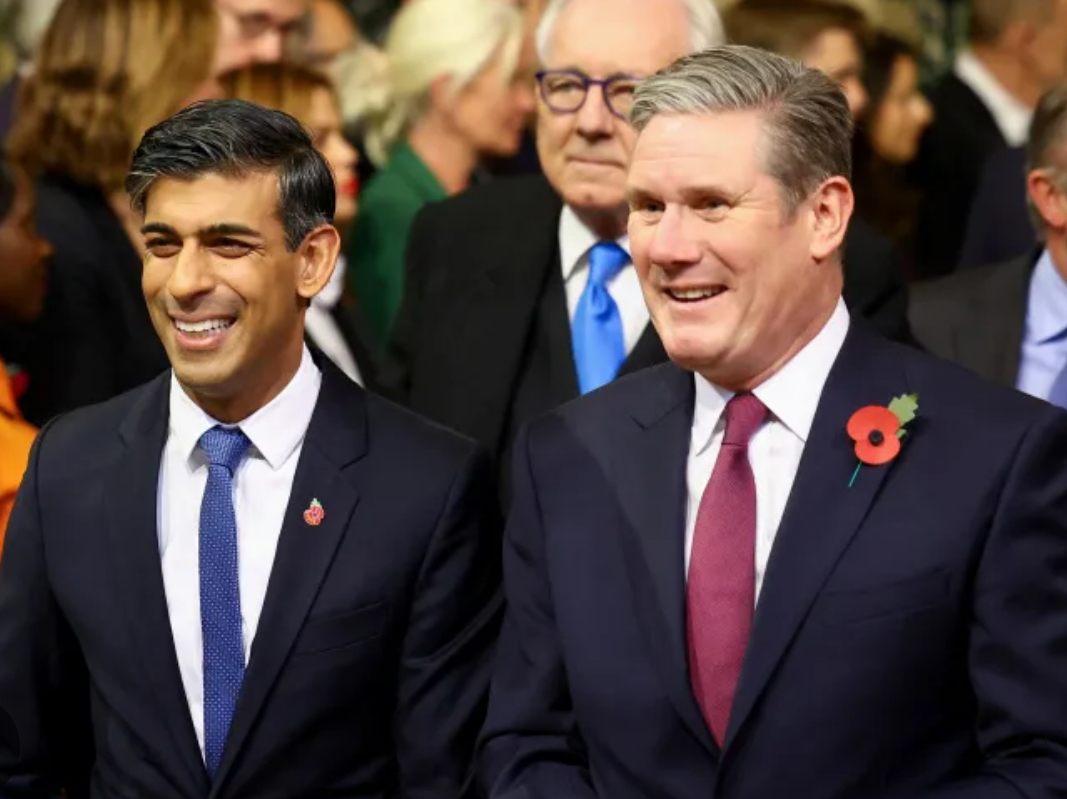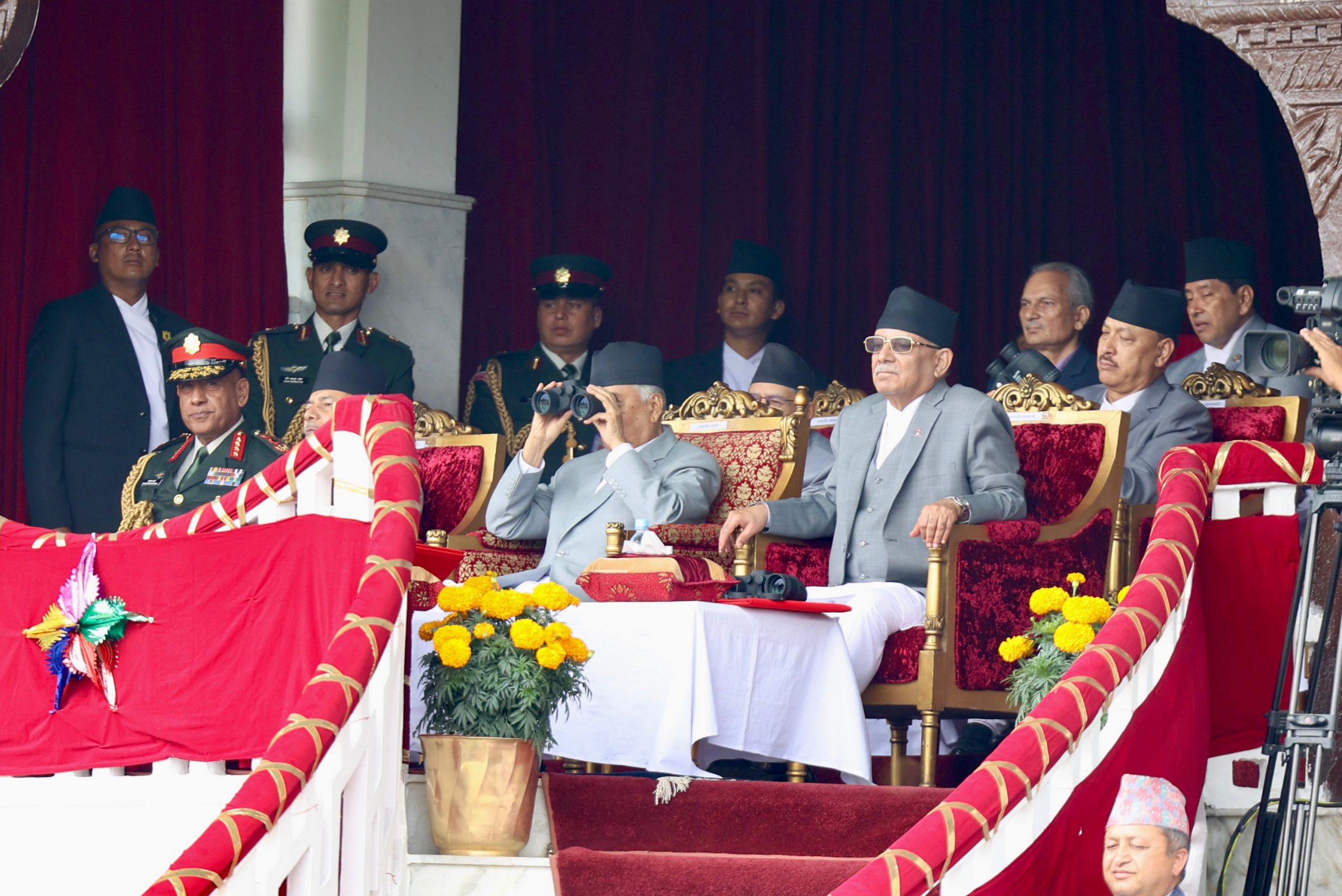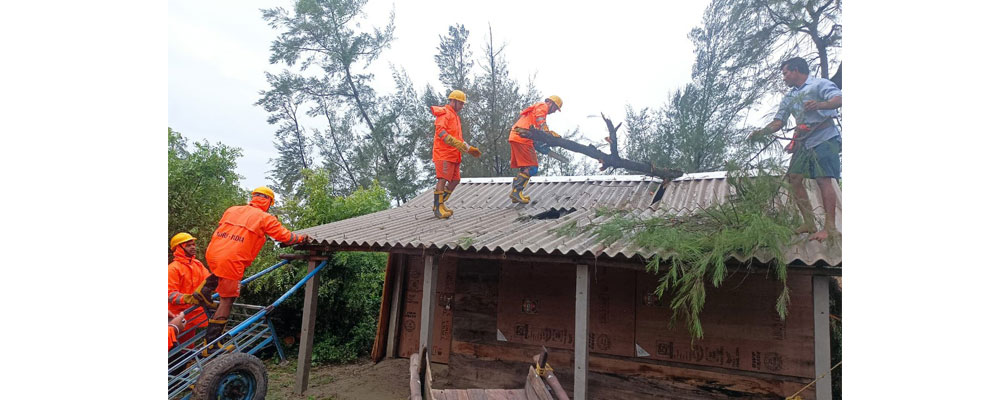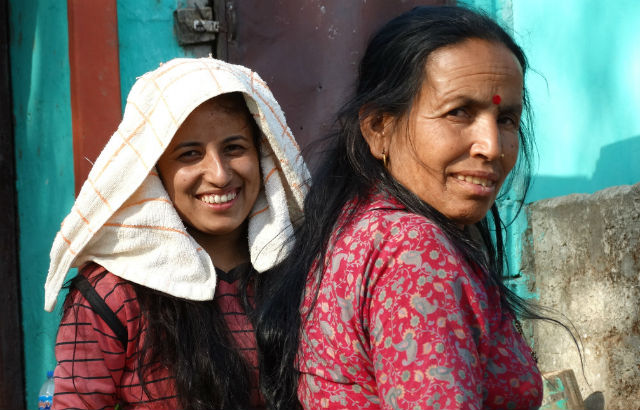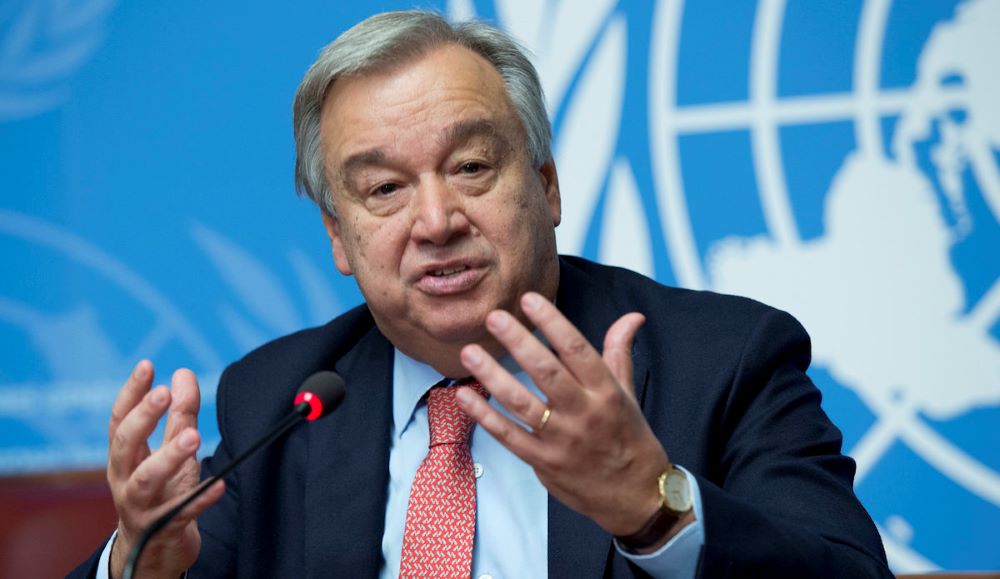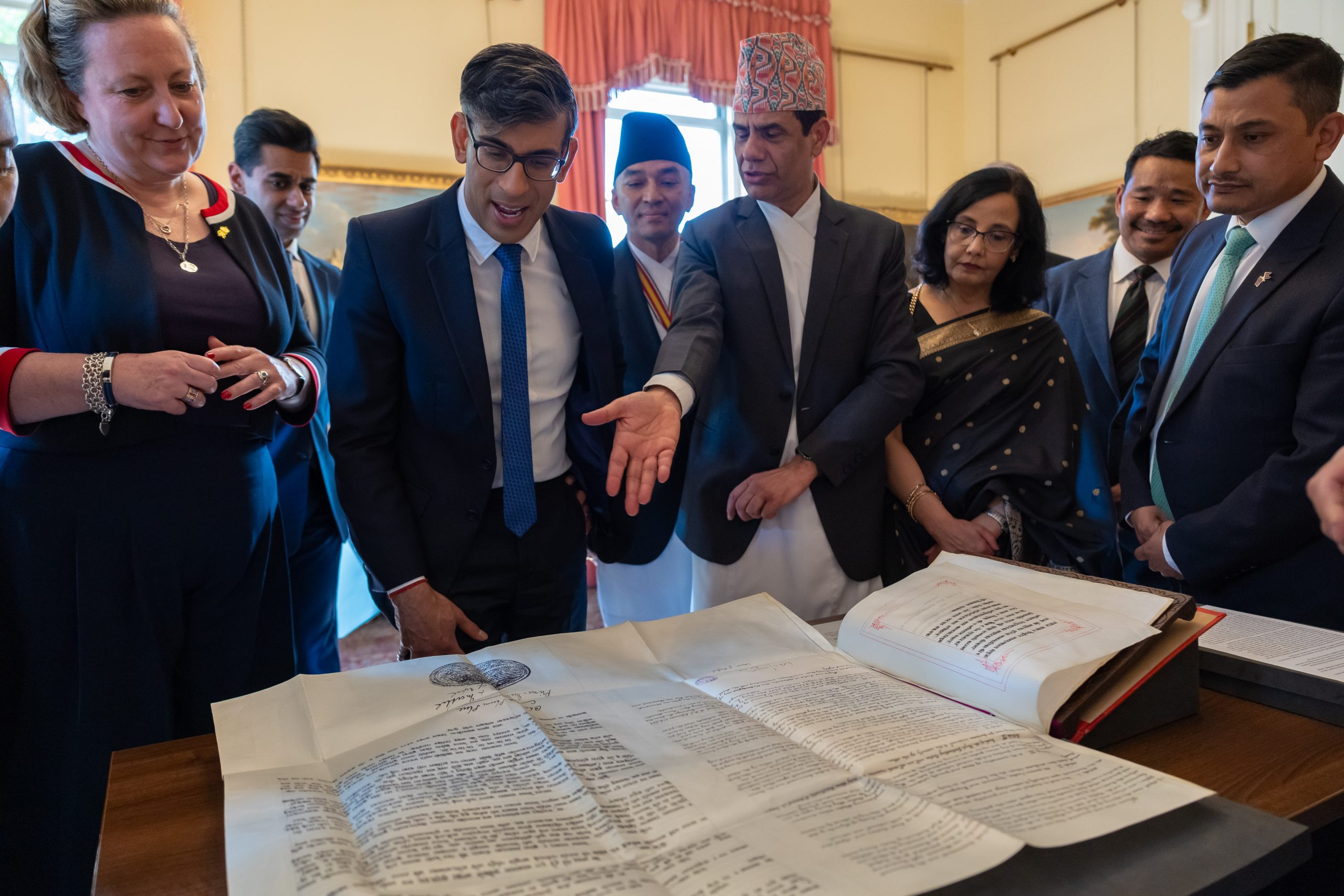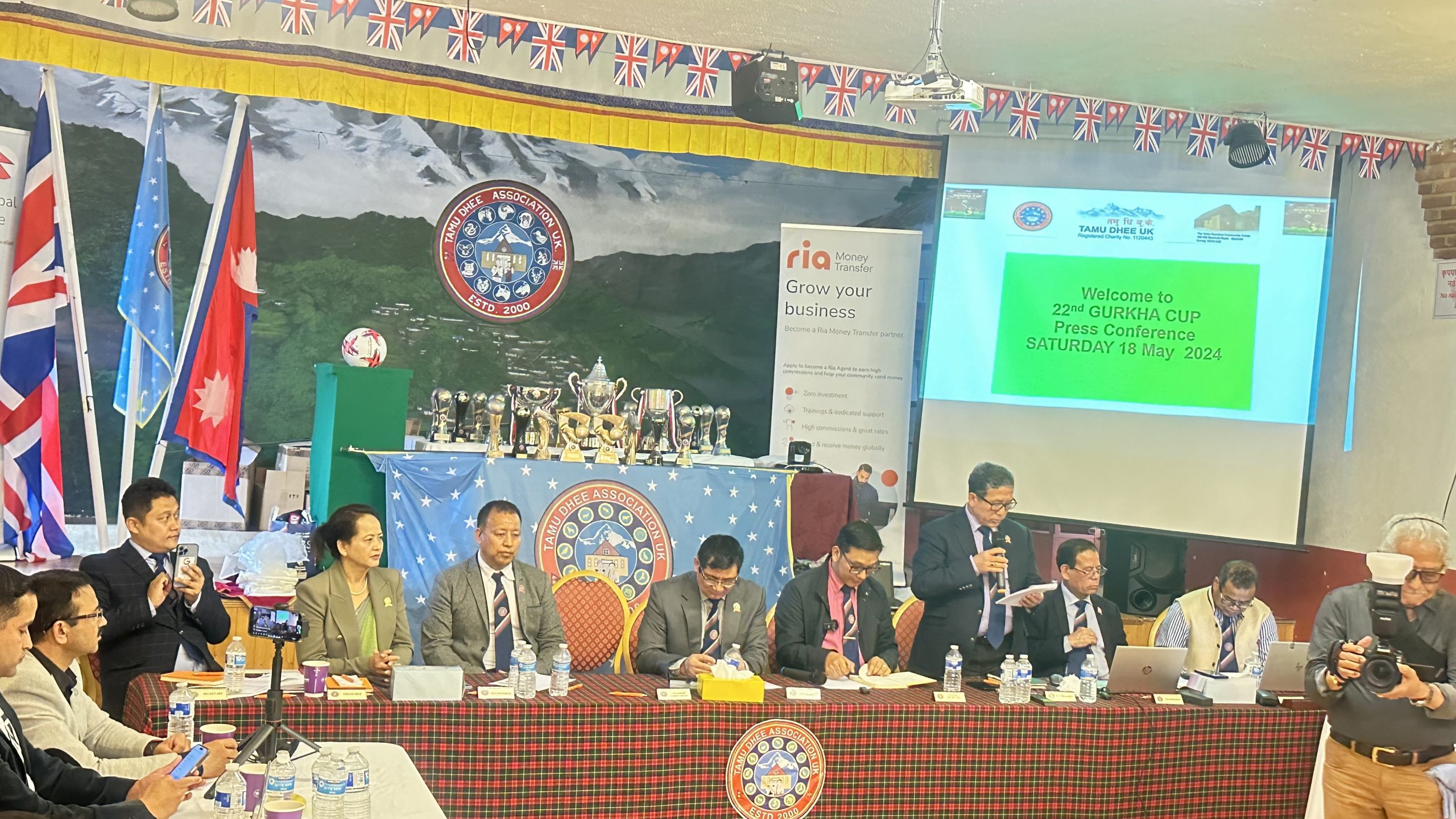PTI, NEW DELHI, June 1: In the seventh and final phase of the general election on Saturday, polling is being held for 57 constituencies spread across seven states and the Union Territory of Chandigarh, including Varanasi in Uttar Pradesh from where Prime Minister Narendra Modi is seeking a third consecutive term in the Lok Sabha.
The voting is being held in all 13 seats of Punjab and four of Himachal Pradesh, 13 constituencies in Uttar Pradesh, nine in West Bengal, eight in Bihar, six in Odisha and three in Jharkhand, besides Chandigarh. Polling for the remaining 42 Assembly constituencies in Odisha and by-polls to six Assembly seats in Himachal Pradesh are also taking place simultaneously.
The voting began at 7 am. Voters were seen standing in queues in front of polling booths since early in the morning during severe heatwave conditions in several parts of the country.
Prime Minister Narendra Modi appealed to people to exercise their franchise. “Together, let’s make our democracy more vibrant and participative,” the prime minister said on X.
“Today is the final phase of the 2024 Lok Sabha elections. As 57 seats across 8 states and UTs go to the polls, calling upon the voters to turn out in large numbers and vote. I hope young and women voters exercise their franchise in record numbers,” he added.
Other prominent candidates among the 904 in the fray are Union minister Anurag Thakur, West Bengal Chief Minister Mamata Banerjee’s nephew Abhishek Banerjee, RJD supremo Lalu Prasad’s daughter Misa Bharti and actor Kangana Ranaut.
More than 10.06 crore citizens, including nearly 5.24 crore men, 4.82 crore women and 3,574 third-gender electors, are eligible to vote in this phase.
Saturday’s voting will mark the end of the marathon polling process that began on April 19. The assemblies of Andhra Pradesh, Arunachal Pradesh and Sikkim also went to polls. The counting of votes will be taken up on June 4. In Arunachal Pradesh and Sikkim, the counting for the Assembly polls will be held on June 2.
According to the Election Commission’s (EC) guidelines, television channels and news outlets will be able to run exit poll data and its results after 6:30 pm.
The poll panel has called upon voters to turn out in greater numbers and vote with responsibility and pride. The turnout in the first six phases of the general election was 66.14 per cent, 66.71 per cent, 65.68 per cent, 69.16 per cent, 62.2 per cent and 63.36 per cent respectively.
The campaigning for the last phase, which ended on Thursday evening, saw ruling Bharatiya Janata Party (BJP) leaders, led by Modi, accusing the Congress and the INDIA opposition bloc of being corrupt, anti-Hindu and engaging in loot, appeasement and dynastic politics.
The opposition parties have been claiming that the BJP is anti-farmer, anti-youth and will change and scrap the Constitution if it wins the election.
Polling is being held in eight Lok Sabha constituencies of Bihar, along with the bypoll to the Agiaon Assembly seat. Union minister R K Singh and former Union minister Ravi Shankar Prasad are among the contestants in the fray.
The Dumka, Rajmahal and Godda seats in Jharkhand are going to polls in this phase. All eyes are on Dumka, where the BJP’s Sita Soren, the sister-in-law of jailed former Jharkhand chief minister Hemant Soren, is contesting against the INDIA bloc’s Nalin Soren. Sita Soren, a three-term former Jharkhand Mukti Morcha (JMM) legislator, joined the BJP just ahead of the Lok Sabha polls.
Polling has commenced for six Lok Sabha and 42 Assembly seats in Odisha.
Assembly Speaker Pramila Mallik, the government’s chief whip Prashant Muduli, Odisha BJP chief Manmohan Samal and BJP national vice-president Baijayant Panda are among the candidates in the fray.
Voting is also being held for the Dum Dum, Barasat, Basirhat, Jaynagar, Mathurapur, Diamond Harbour, Jadavpur, Kolkata Dakshin and Kolkata Uttar seats in West Bengal.
Several heavyweight candidates, including incumbent Trinamool Congress (TMC) MPs Sudip Bandyopadhyay, Sougata Roy and Mala Roy, former Union minister Debasree Chaudhuri of the BJP and senior CPI(M) leader Sujan Chakraborty, are in the fray.
Voting is underway in 13 constituencies of Uttar Pradesh, which sends the highest number of 80 members to the Lok Sabha among all the states.
In Punjab, INDIA bloc allies — the Congress and the Aam Aadmi Party (AAP) — are contesting the election separately, while the BJP and the Shiromani Akali Dal (SAD) are fighting the polls on their own for the first time since 1996.
The Sukhbir Badal-led SAD walked out of the National Democratic Alliance (NDA) in 2020 over the now-repealed three farm laws.
Polling is being held for four Lok Sabha seats — Hamirpur, Mandi, Kangra and Shimla — and six Assembly constituencies of Sujanpur, Dharamshala, Lahaul and Spiti, Barsar, Gagret and Kutlehar in Himachal Pradesh. All eyes are on Mandi, where Ranaut of the BJP has locked horns with the Congress’s Vikramaditya Singh.
The voting is scheduled to conclude at 6 pm, barring in Jharkhand, where it is scheduled to conclude at 5 pm.







